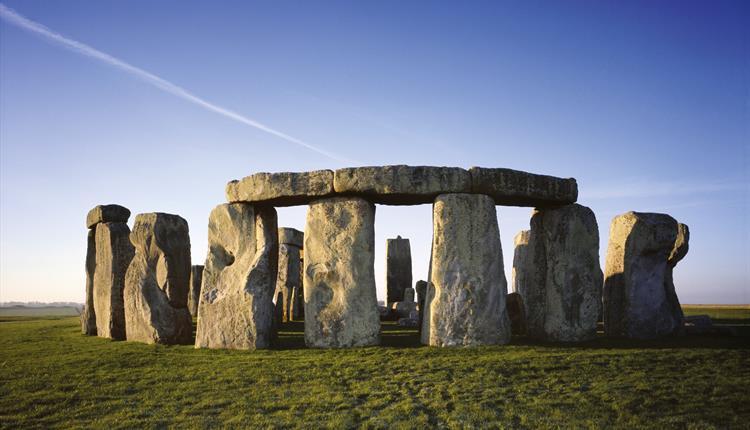Planning a Stonehenge tour can be an exciting and enriching experience. To make the most of your visit, here are five important things you need to know:
-
Booking in Advance: Stonehenge is a popular tourist destination and has a limit on the number of visitors allowed at a time to protect the site. Therefore, it's crucial to book your tickets in advance, especially during peak tourist seasons. You can book your tickets online through the official English Heritage website or on-site at the Stonehenge Visitor Centre.
-
Time and Timing: The best time to visit Stonehenge is often early morning or late afternoon when there are fewer crowds and the lighting is favorable for photography. The site can get crowded during midday, so planning your visit during off-peak hours can enhance your experience. Additionally, consider the time of year you're visiting – summer solstice (around June 21st) and winter solstice (around December 21st) are special times when Stonehenge aligns with the rising or setting sun.
-
Transportation and Access: Stonehenge is located in a rural area, so planning your transportation is essential. You can drive to the site, take a guided tour bus, or use public transportation to get there. If you're driving, there's a designated car park near the visitor center. From there, you can take a shuttle or walk to the actual Stonehenge site. If using public transportation, buses are available from Salisbury, which has a train station.
-
Visitor Centre and Facilities: The Stonehenge Visitor Centre is the starting point of your tour. Here, you'll find exhibitions, a gift shop, and restroom facilities. The visitor center provides information about the history, construction, and significance of Stonehenge. From the visitor center, you can either take a shuttle or walk to the stone circle. The site is about 1.5 miles (2.4 km) away from the visitor center.
-
Respect and Regulations: Stonehenge is not just a tourist attraction; it's a UNESCO World Heritage Site with cultural and historical importance. While visiting, it's important to follow the rules and guidelines set by the authorities. You can't touch the stones, climb on them, or cross the rope barriers. Respecting the site helps preserve it for future generations.
Bonus Tip: Consider using an audio guide or hiring a local guide to get a deeper understanding of the history and significance of Stonehenge. Their insights can make your experience even more informative and engaging.
Remember that Stonehenge is a unique and captivating destination, so taking the time to plan ahead will contribute to a memorable and enjoyable visit.



